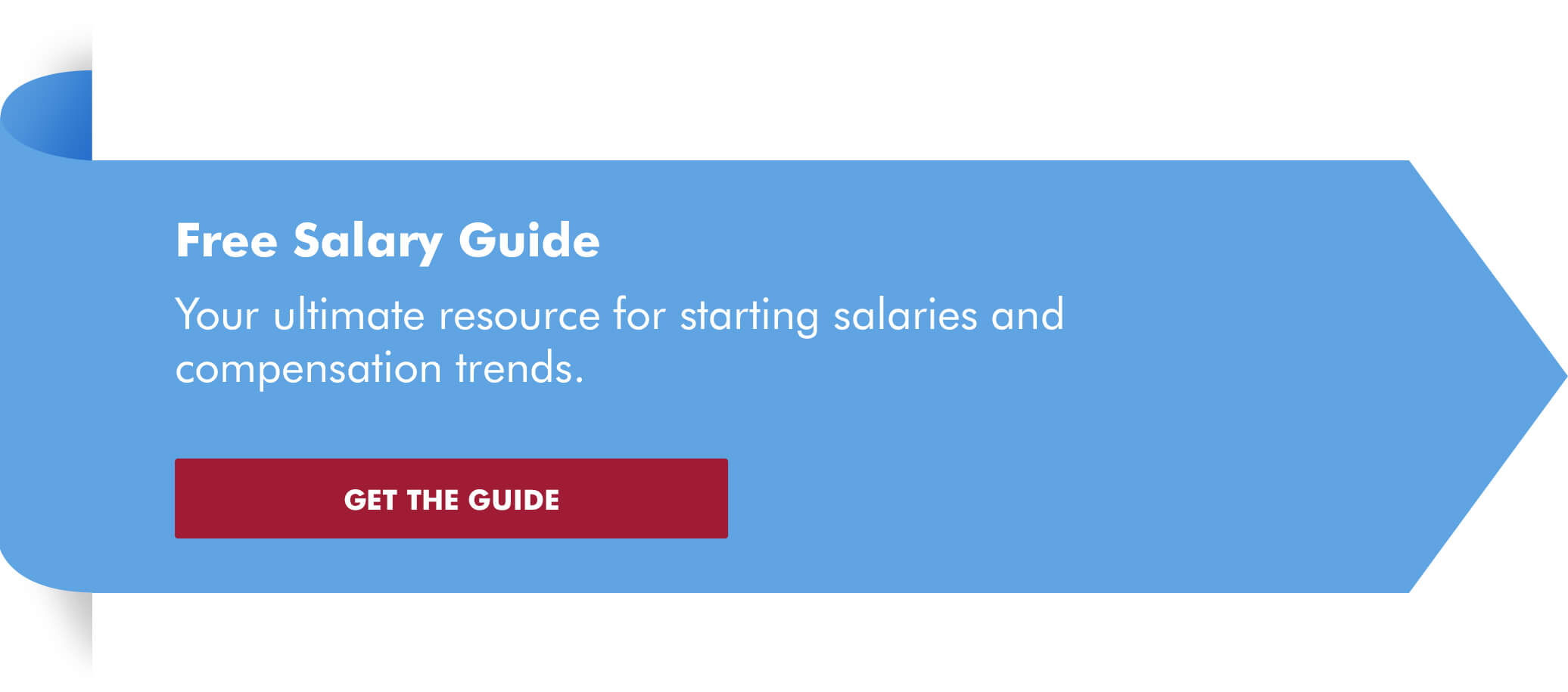Your candidate outreach has netted some very strong resumes. As you begin the evaluation process, remember that the most skilled candidates are likely to be in the running for positions with other companies. Your goal shouldn't be to simply cut the time you spend on the evaluation process, but instead to make sure that its most time-consuming aspects, such as interviews, are expended only on the best candidates. The more quickly you reach the strongest professionals for the job, the greater your ability to add productive members to your team.
The important thing for small businesses is to have a candidate evaluation action plan in place before resumes begin to arrive.
Following are some general guidelines for your evaluation process.
1. Develop an evaluation system that moves top candidates along quickly
Expedite getting in-demand candidates in for interviews and introductions to key members of your team. If you and your team are impressed by their evident fit for the position, and their references are solid, move toward making an offer they can’t refuse.
2. Fine-tune your measurement tools
The evaluation process should include a set of specific criteria to use as the basis for your decisions. Otherwise, you run the risk of making decisions based on factors that may have no bearing on the work skills and personality you need for the position.
Pro tip: If you haven't considered the following four questions, you're not ready to start the applicant evaluation process.
- What are the prerequisites? These should track with the qualifications listed in the job description, assuming the description is targeted and carefully thought out.
- What are the special requirements? Think of the unique qualifications your company needs for the position, such as certifications or special education. If you own a public accounting firm, for example, you would most likely consider only applicants with a valid CPA credential.
- Which attributes are critical? What experience and skill set are necessary to be a top performer in this particular position? If your business depends on telemarketing, for instance, some people will be better than others at engaging the interest of the people they call.
- What about attitude? What type of demeanor is needed for the role in order for the new employee to be most effective? One example might be their ability to not let repeated sales rejections wear down their stamina. Identify those attributes that you feel will produce superior performance in functions critical to your small business's competitive strength and look for these attributes in prospective employees.








